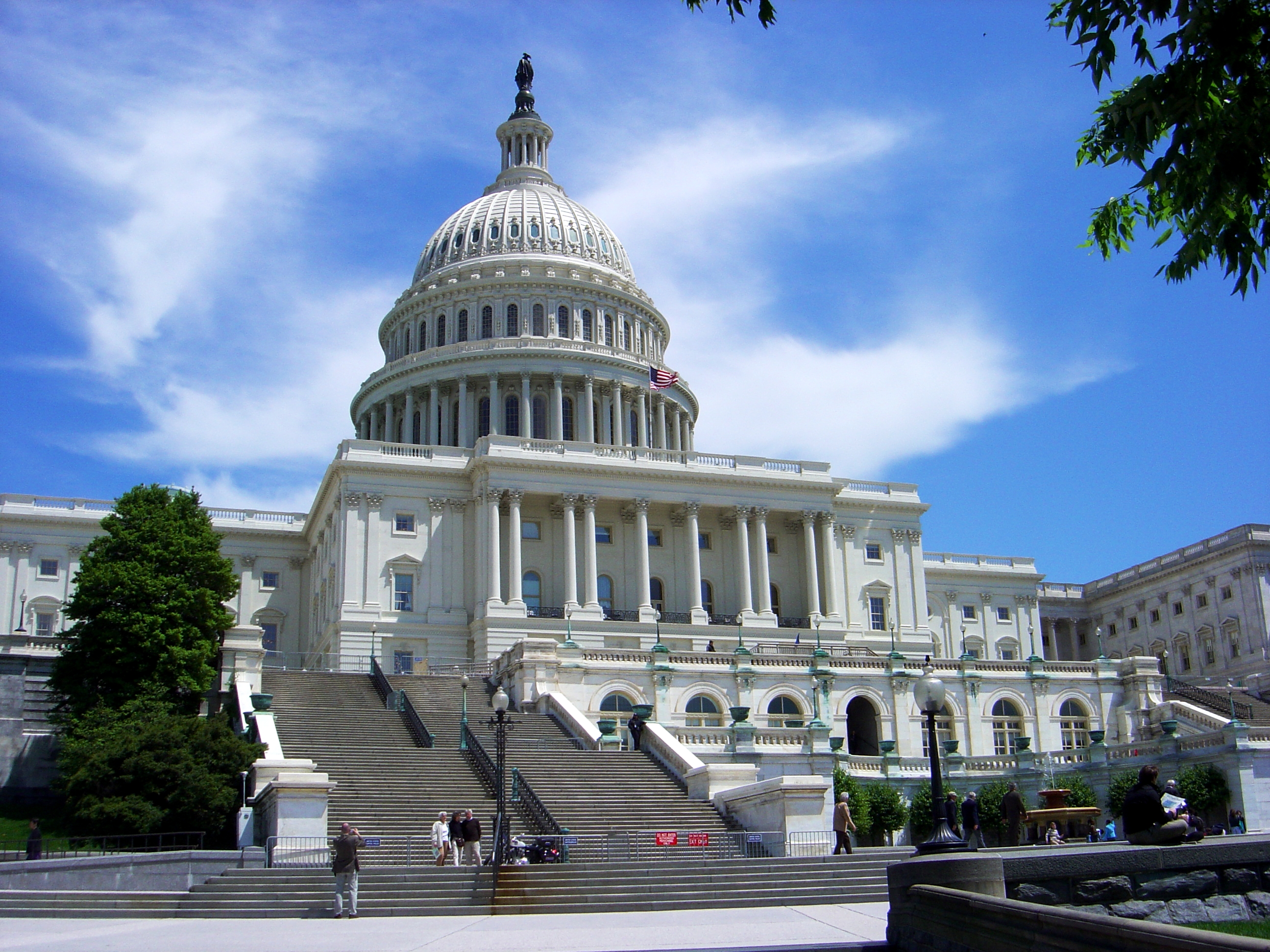
What is overlooked in all the talk about the creation of a public health insurance option is cost. Most of the debate has been centered on governing philosophy. There is reflexive disdain for the government running anything on the right and hatred of for-profit insurance companies on the left. But all this may not matter as much as what the Congressional Budget Office (CBO) has to say on the matter. Having a strong public plan could save the government billions, if not trillions, of dollars.
A Lewin Group study determined that a Medicare buy-in public plan's premiums would be 23% cheaper than private health insurance. That means a family of four would save $2,500 a year if they could sign up for a Medicare-like public plan. It's been reported that Ted Kennedy plans to introduce a strong public plan based on Medicare. It would use the same network and infrastructure but would pay doctors 10% more for services than Medicare. With Kennedy's payment change, the savings for a family of four would be slightly less but still substantial.
I reason to suspect that Ted Kennedy plans to use the CBO to make the case for a strong public plan. His health care reform bill will have some sliding scale of subsidies and/or tax rebates to help people buy insurance based on their income. If he is smart, he will tie the level of subsidies to the cheapest qualified plan (one that must meets all coverage critical), which would inevitably be the public plan.
For example, if the cost of the cheapest plan exceeds 10% of your after-tax income, the government will pay for the difference. (If the cheapest qualified plan cost $5,000, and your after tax income is $30,000, you get $2,000 to help buy health insurance). By tying subsidies to the cost of individuals' health insurance, it means offering a low cost public plan would make the whole health care reform legislation cheaper.
I think Ted Kennedy will have the CBO score his health care bill with his strong public plan and without it. If he uses a subsidy mechanism like the one I laid out, the plan with his public option should cost billions less a year. Using some back of an envelope calculations, I beleive having a public health insurance option would reduce the cost by roughly $20 billion in the first year, with even greater savings in subsequent years.
The divide in cost between private insurance and a public plan is expect to only grow in the coming years. According to a study by The Institute for America's Future, from 1985-2002 premiums for the Federal Employees Health Benefits Program (a model for a regulated health exchange without a public option) grow annually by 7.3%. During the same time period, Medicare (a model for a Kennedy's public insurance option) grow annually by only 5.8%.
No comments:
Post a Comment